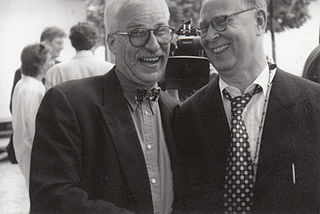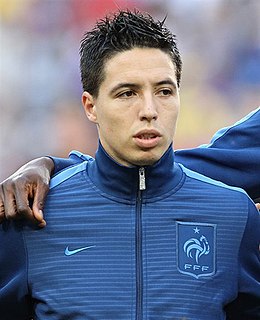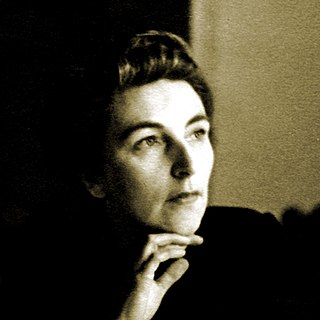A Quote by Annie Leibovitz
As you get older, you have different tools, and you learn to use photography differently.
Quote Topics
Related Quotes
I feel more like a creative artist using photography because there's - the digital work is so interesting now. It's come to that. I have had many different stages of photography - there are many different ways to take photos. But I feel now I'm in that stage of my life where I use the camera, you know, in that way.
As you get older and as your situation changes, it becomes different. Yes, I have to provide for my family, so if there's a chance that I'm not going to be able to provide for my family, who is always number one, my kids are always number one, then yeah, maybe it's not the same. But like I said, everybody's boiling point is different and you get to that point differently and you're at peace with it.
My parents were Hungarian immigrants; my father was a tailor and we lived in the back of a tailor store. And that was my first inkling of what it was like to be raised in America. It had a profound effect on me - I saw different people coming in all the time with different attitudes and I liked it. And as I grew older, I found that I was able to use something inside of me to get some sympathy if I wanted it. I used to shine shoes, and I would use a waif-like look. I'd get a dime and I'd be as happy as could be.
I think the equipment you use has a real, visible influence on the character of your photography. You're going to work differently, and make different kinds of pictures, if you have to set up a view camera on a tripod than if you're Lee Friedlander with handheld 35 mm rangefinder. But fundamentally, vision is not about which camera or how many megapixels you have, it's about what you find important. It's all about ideas.
I suppose the more you have to do, the more you learn to organize and concentrate-or else get fragmented into bits. I have learned to use my 'ten minutes'. I once thought it was not worth sitting down for a time as short as that; now I know differently and, if I have ten minutes, I use them, even if they bring only two lines, and it keeps the book alive.



































